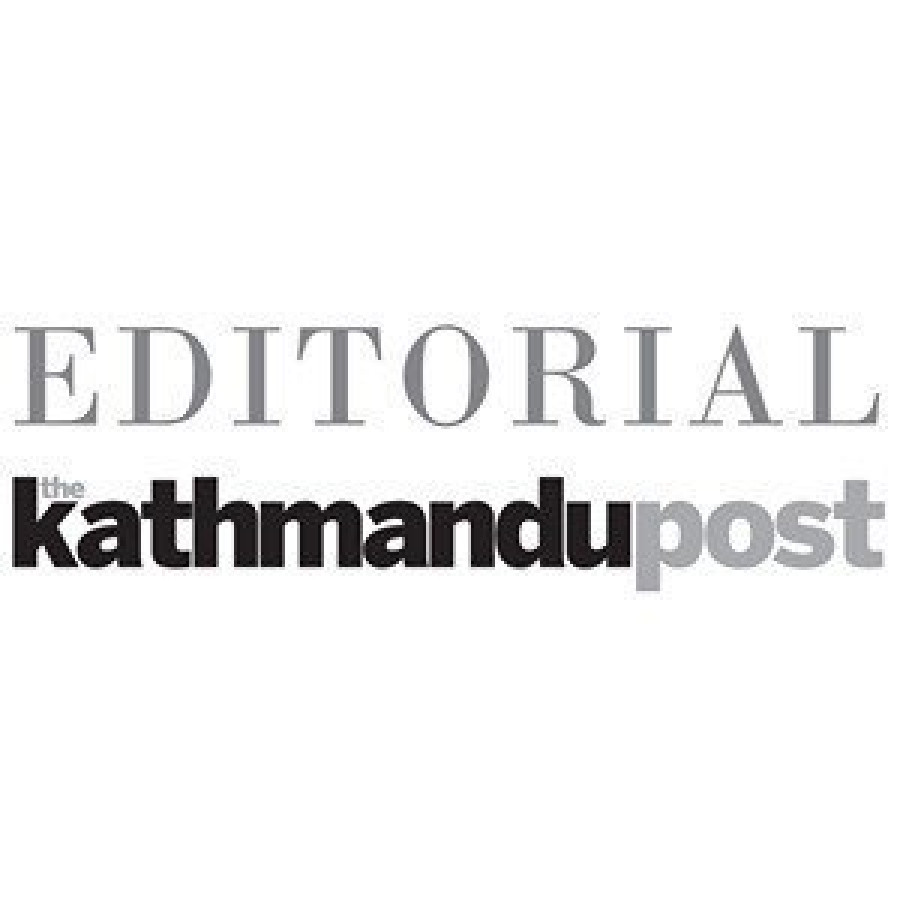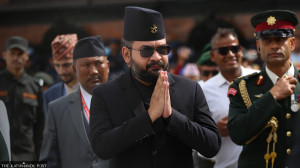Editorial
Fair disbursement
Govt needs to make sure quake victims can access aid even without political connections
The post-earthquake reconstruction process has been gradually moving forward, and new problems are on the horizon. Now that the government’s drive to provide funds for the reconstruction of houses is well underway, it has become apparent that a major funding deficit could arise in the near future. The National Reconstruction Authority (NRA) has estimated that the country will require around Rs938 billion to carry out reconstruction work.
However, the government has signed agreements with donors for only Rs272 billion so far. Furthermore, some of the agreements that have been signed have not been implemented. The government should now focus on signing agreements for the additional money that has been pledged and make efforts to retrieve funds for which agreements have already been signed. There seems to have been movement towards such a goal, as the NRA’s consultative council has formed a foreign aid coordination and facilitation committee.
Although the donor community had pledged around Rs440 billion at the international donor conference held in June last year, it is now clear that Nepal will not be receiving a large portion of that amount. It might be necessary, therefore, for the government to find ways to raise funds from other sources, including domestically.
The consultative council has also decided to nominate 14 lawmakers from the districts most affected by the earthquake to the council. This is a positive step. When the consultative council was first formed, it was widely criticised for including high-level politicians and dignitaries who had very little to do with the situation at the grassroots.
There were fears that they would not have adequate information about the needs of the quake-affected. It seems that the council itself eventually came to this realisation. The presence of lawmakers on the consultative council should bring a deeper knowledge of the situation in the earthquake-affected districts to the table and thus enable the NRA to implement its operations more effectively.
The NRA and the government should, however, take care to ensure that the reconstruction process is not politicised. Under the previous government led by the CPN-UML, earthquake victims across districts found that they could not get their concerns heard at the district administration unless they were closely connected to the ruling parties.
The Nepali Congress at that time complained vociferously against the politicisation of the process. Now that the NC is in government, it should make efforts to reverse politicisation and create an environment where earthquake victims can receive access to information and resources without having to go through a member of a political party. In addition, the NRA should ensure that it hands out tenders to the best proposals and not on the basis of political affiliation.




 14.12°C Kathmandu
14.12°C Kathmandu














